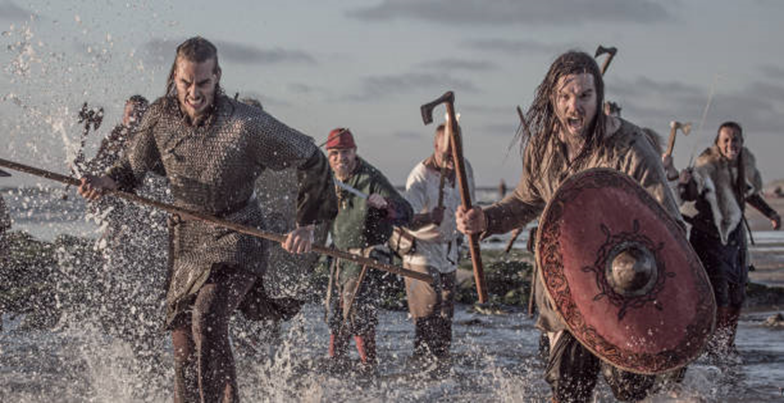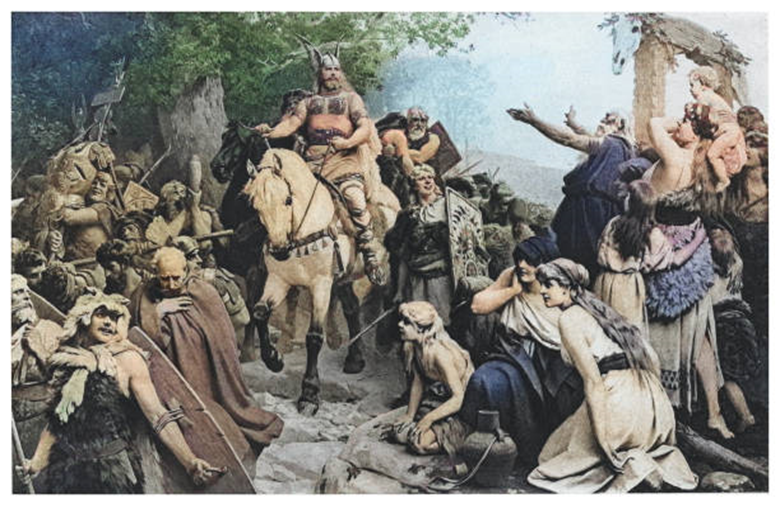Fasting in civilizations and religions.. The Vikings fasted from food to prevent the spread of the plague

Muslims around the world celebrate the advent of the blessed month of Ramadan, as the holy month witnesses the performance of the obligation of fasting, one of the most sacred Muslim rituals, and one of the five pillars of Islam, as millions of Muslims gather daily throughout the blessed month of Ramadan to perform the obligation of fasting, obedience to God, and Tarawih prayers.
But fasting is not a special Islamic ritual. Humans have known it since the beginning of creation, and many different civilizations and cultures have known it. It is also an obligation among all Abrahamic religions, and some ancient peoples have also known it, including the ancient Viking peoples.

The Vikings (peoples of northern Europe) fasted before important battles; In order to “present pure bodies and souls to death.
After the Vikings were able to enter Paris, which was then celebrating Easter, they plundered its resources. During that period, the plague spread among the French army, and it was ordered to fast to contain the disease. Many Vikings also died from the plague, and it was agreed with the Vikings to withdraw in exchange for paying them money. Many criticized the behavior of King Charles the Bald. Because he paid a lot of money.
According to the "historycollection" website, the disease was a factor during the wars that took place during the medieval era, during the siege of Paris, where exposure to the plague caused an outbreak of the disease that killed a number of Ragnar's men.

Eventually, the Vikings fasted and the spread of the disease subsided. After killing many of its inhabitants, setting buildings on fire and taking prisoners, the Vikings demanded that the Franks pay a ransom for their revolt. Charles agreed to the terms. Ragnar returned with flashes of the gold and silver treasures he had purchased while in Paris. But he did not look well, cried and made religious claims about his time in Paris.
Source: websites

